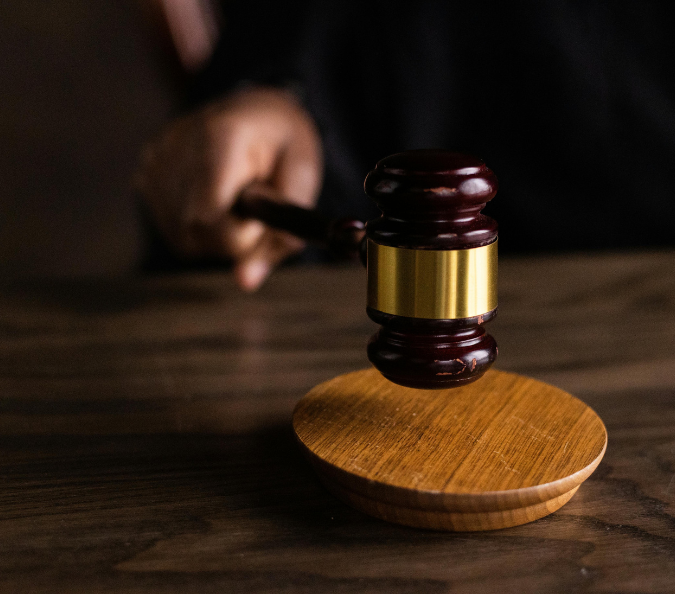In an exclusive interview with GSW, Nkansah highlighted the evolving landscape of legal technology and its potential implications for legal professionals.
"I used to be on the side where I preached about there’s no way technology was going to replace any lawyer or any service being provided within the legal industry. But that has changed over time because we are starting to see some of the technologies being built," Nkansah remarked.
Nkansah pointed to advancements in AI, citing tools like ChatGPT as a classic example. "I'll use ChatGPT 4 as a classic example, with ChatGPT 4, it is doing more than I thought it could be doing when I saw ChatGPT 3. So, when I see that, I start to get worried about how some people within the legal profession would have their jobs replaced," he explained.
While Nkansah acknowledged that AI is unlikely to completely overhaul the legal profession, he cautioned that certain tasks traditionally performed by lawyers could be automated. "It's not going to be an entire overhaul about all lawyers are going to be replaced, but because of the amount of data that are being fed to some of these softwares, the administrative jobs that were being done by lawyers would be replaced," he added.
In 2023, it was reported that AI has, among other things, revolutionised industries across the globe, including health by enhancing diagnosis, the manufacturing industry by facilitating automation, and financial institutions by employing algorithms to boost financial security.
Addressing concerns about job security, Nkansah emphasised the importance of upskilling and embracing technology within the legal profession. "The issue about being scared of their jobs being gone is really true and real, but what I would say is that if you’re a person in the legal profession and within the next two years you do not up-skill to use technology effectively, you can be replaced in the next decade," he warned.
In the US, President Joe Biden, in October 2023, issued an Executive Order on Safe, Secure, and Trustworthy Artificial Intelligence, aiming to promote AI development and usage in the US. The order mandates sharing safety test results, sets rigorous standards for AI testing before release, and addresses AI-related risks to critical infrastructure and cybersecurity. Additionally, it impacts legal professionals, requiring them to adopt AI systems for tasks like document review, research, analysis, drafting, and prediction.



